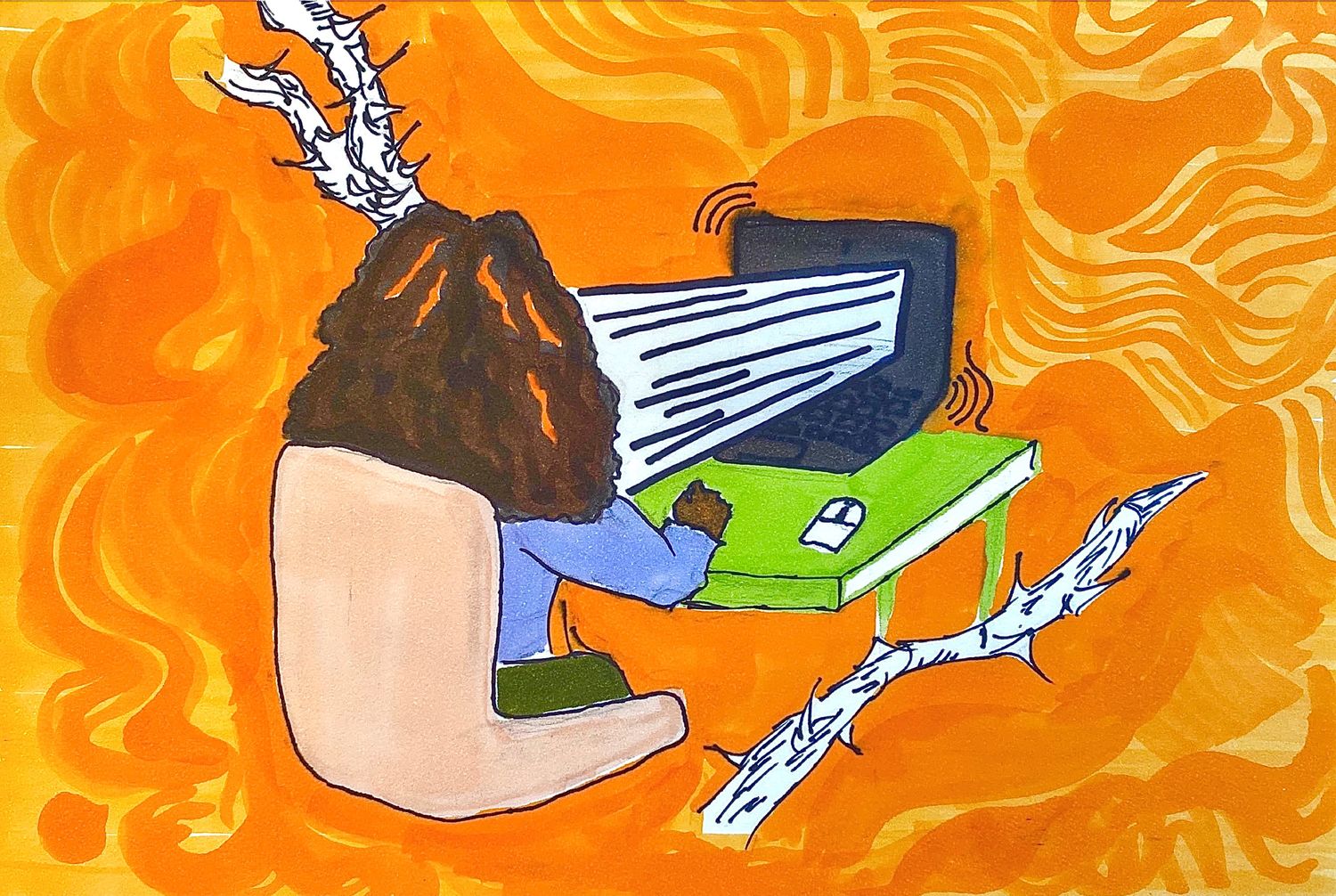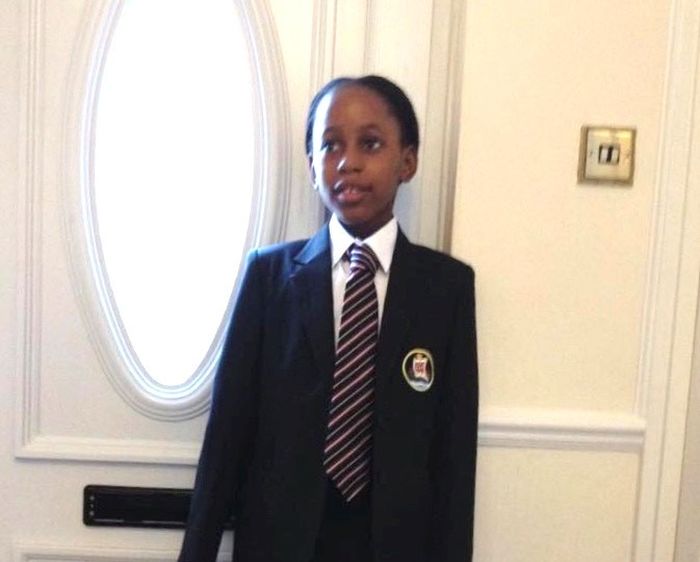Content note: This article contains detailed discussion of racism, including racial biases and microaggressions
Coming to Cambridge, I knew I would stick out like a sore thumb. It’s not because I’m mixed race, but because I refuse to conform to externally created racial stereotypes. I can straighten my hair and adhere to Eurocentric beauty standards, or vibe with my afro — though often I chose not to because people insisted on touching it (I’m not a dog open to petting). I have a strong Southern accent and have never spoken patois. And I love spicy food, but if you ask me how to cook Jerk chicken — as an Uber driver has in the past — I’ll simply laugh. Long story short, I deliberately resist being pigeonholed. I was prepared for the possibility of racial stereotyping from my peers... but not my lecturers.
Since day one of my time at Cambridge, I’ve experienced microaggressions from my peers and Faculty. From white lecturers putting on a patois accent when reading a Caribbean poem or attempting to rap when reading a piece by an African American poet, to white peers criticising a writer for being ‘white-passing’ with no authority on the subject, I’ve experienced a whole gamut of racial microaggressions in both academic and social spheres. But there was one particular incident that really shocked me.
Last Michaelmas, I attended a Zoom lecture exploring African literature. Our lecturer could sense we needed encouragement to start discussing our opinions. But their idea of getting the ball rolling was to racially profile me. I was making notes during the class when my lecturer highlighted a few key themes and asked us for our thoughts. I waited for one of my peers to chime in, but no one did and an awkward silence ensued. Everyone glanced sheepishly away from their screen, so, after what felt like an eternity, I chose to bite the bullet and say something.
“I have no greater connection to African playwrights than my white peers, because it’s not my culture”
My response was average — a textbook response and nothing to write home about. My lecturer’s face lit up on hearing my response, but rather than treating it as useful academic critique they said something along the lines of, “ah yes [name], I was waiting for you to respond” and “your particular insight is useful”. I was taken aback. My point wasn’t ground-breaking; it was basic and honestly only said to break the silence. However, on hearing the lecturer’s comment, I felt the familiar rush of blood to my cheeks causing me to blush because I knew what they were insinuating. My body had responded before my brain could catch up: I had been racially profiled by my lecturer.
Reading this you might not understand why this was problematic. Firstly, I’m not African; I’m Afro-Caribbean and this is a very important distinction to make. There is increasing awareness of the diversity and diaspora within the Black community represented in universities and organisations. To view me only as Black is homogenising my identity. I have no greater connection to African playwrights than my white peers, because it’s not my culture. Not only was my racial identity incorrectly interpreted but this erroneous assumption, placed on me by a white lecturer, then exposed me to the rest of the group as the supposed ‘authority on race’.
“I felt insignificant because I was being pigeonholed as the ‘emotional Black person who rants rather than being coherent’.”
My lecturers response also didn’t praise my academic insight. Instead, it highlighted my racial identity. I wasn’t seen as an academic; I was seen as a Black person, and a misidentified Black person at that!
Their comment also set the tone of the rest of the lecture series: whenever I offered a point, concerning race or not, it was inferred that I was being emotional or ranting. It’s common in my lectures to build upon each other’s ideas, stating ‘as so-and-so said’ or words to that effect. However, ever since that lecturer racially profiled me, whenever I made a point, no one in our lecture group acknowledged that I had even spoken. There was no ‘as [name] said’, no acknowledgement of my academic merit, and often there would be a pregnant pause before someone else changed the subject. I felt insignificant, my confidence crushed because I was being pigeonholed as the ‘emotional Black person who rants rather than being coherent’.
I am not the only one to experience racism and microaggressions at Cambridge. The End Everyday Racism (EER) project which launched in 2018 and concluded in June 2020 aimed to document the racism experienced by Cambridge students. The project collected over 100 student testimonies, reporting recurring themes like Black students being labelled as ’over-sensitive or ‘aggressive’. Crucially, Black students felt ‘powerless’ to report their experiences. The report highlights the necessity for making the University’s anti-racist stance clearer, improving staff and faculty equality training and ensuring the systems for reporting racism easier to access. Nonetheless, this change clearly needs to occur swiftly and holistically as I was racially profiled after the EER report’s conclusion.
I would like to be able to say that when I look back at my time at Cambridge, I remember only the good stuff. But when you experience the almost daily barrage of racist microaggressions, you become cynical. How many of my white friends were asked if they worked for the university — implicitly a server — rather than being a student? How many have sat in a lecture being the only ‘representative’ of their ethnic background, being asked to describe an entire community for the benefit of their peers?
Racism doesn’t disappear when you come to Cambridge — despite how ‘intellectual’ and ‘world-class thinking’ it claims to be — because it’s an extension of society. The implicit social capital and privilege I will gain from achieving a Cambridge degree and being affiliated with this world-famous institution doesn’t justify the racism and discrimination I’ve experienced from staff and students during my time here.
I don’t want anyone to have to experience this. I don’t desire retribution or revenge, but what I do want is quite simple: to be regarded as a person with interesting and valid contributions that may or may not concern race, but if they do, for this testimony to be on my terms.


